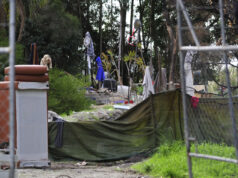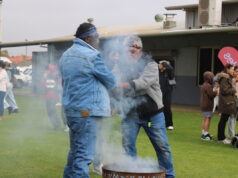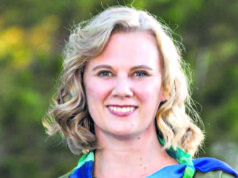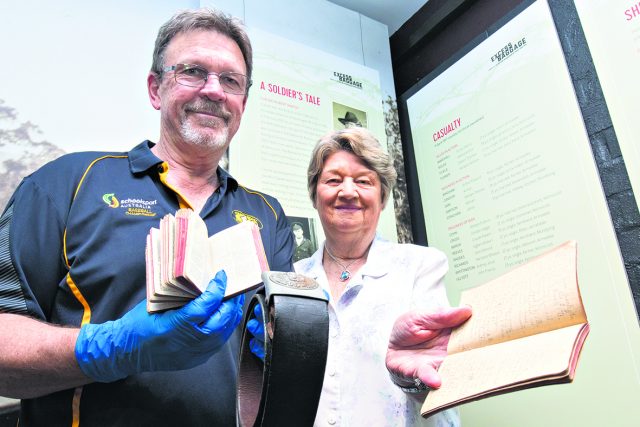
A Red Cross bag, a Bible and a handwritten diary with personal memories of WWI have been donated to a local museum to be preserved for future generations.
Alison Wholagan, the daughter of Claude Marsh who joined the war efforts in France as part of the 16th Battalion in February 1917, donated the items for the latest City of Armadale History House exhibition Excess Baggage.
Two months after he went to war in France the Germans captured Mr Marsh during the Battle for Bullecourt where he remained captured for 20 months.
Ms Wholagan said her father was very involved in the Armadale district and did a lot for his family including building the family home in Fourth Road, which still stands today.
“During his time in Armadale Claude became a life member of both the Armadale cricket and football clubs while also being a member of the Masonic Lodge and the Armadale RSL for many years,” she said.
“He was a Justice of the Peace and a committee person for the Kelmscott Show.”
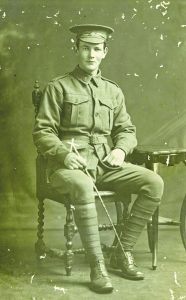
Mr Marsh died in Armadale in 1976 aged 79 years.
After both her parents had died Ms Wholagan felt it was time to sort through a number of items which were found in an old tin trunk.
“We wanted to keep the memories alive and didn’t want to just throw them out,” she said.
“History House have done a marvellous job in promoting these sorts of exhibits.”
The exhibition delves into the lives of the men and women in the district who enlisted and survived the war and returned to settle back into the community and pick up the pieces of their previous lives.
City of Armadale mayor Henry Zelones said he was surprised to learn that almost 80 per cent of the local men and women that came home did not stay.
“With the number of people returning from service there was great competition for jobs and with physical and mental disabilities they could no longer do their previous line of work,” he said.
“Many took up the offer of the Soldier Settlement Scheme to purchase land and established wheat and sheep farms in the Wheatbelt district or orchard and dairy farms to the south.”
The exhibition will run to early May 2019.


